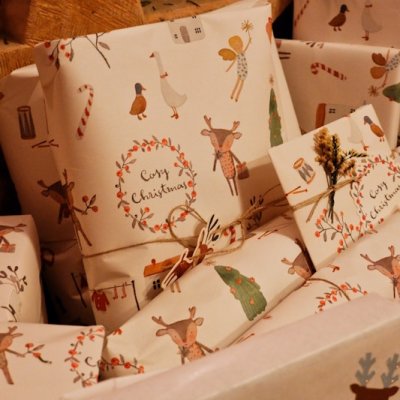buff(
buhf
)A noun is a word referring to a person, animal, place, thing, feeling, or idea (e.g., man, dog, house).
1. (enthusiast)
a. el aficionado (M), la aficionada (F)
(m) means that a noun is masculine. Spanish nouns have a gender, which is either feminine (like la mujer or la luna) or masculine (like el hombre or el sol).
(f) means that a noun is feminine. Spanish nouns have a gender, which is either feminine (like la mujer or la luna) or masculine (like el hombre or el sol).
We organize blind tasting sessions for wine buffs.Organizamos reuniones de cata a ciegas para los aficionados al vino.
b. el entusiasta (M), la entusiasta (F)
(m) means that a noun is masculine. Spanish nouns have a gender, which is either feminine (like la mujer or la luna) or masculine (like el hombre or el sol).
(f) means that a noun is feminine. Spanish nouns have a gender, which is either feminine (like la mujer or la luna) or masculine (like el hombre or el sol).
Sally has been a computer buff since she was nine. Now she's a networking engineer.Sally es una entusiasta de la informática desde que tenía nueve años. Ahora es ingeniera de redes.
c. el fanático (M), la fanática (F)
(m) means that a noun is masculine. Spanish nouns have a gender, which is either feminine (like la mujer or la luna) or masculine (like el hombre or el sol).
(f) means that a noun is feminine. Spanish nouns have a gender, which is either feminine (like la mujer or la luna) or masculine (like el hombre or el sol).
Angelo is an opera buff who never misses Met live broadcasts.Angelo es un fanático de la ópera que nunca se pierde las transmisiones en vivo del Met.
2. (colloquial) (nude)
A word or phrase that is commonly used in conversational speech (e.g., skinny, grandma).
a. no direct translation
This refers to an idiomatic word or phrase for which there is no word-for-word translation.
Moria loves sunbathing in the buff.A Moria le encanta tomar sol en cueros.
The group of friends went swimming in the buff.El grupo de amigos se fue a nadar en pelotas.
a. la gamuza (F)
(f) means that a noun is feminine. Spanish nouns have a gender, which is either feminine (like la mujer or la luna) or masculine (like el hombre or el sol).
The carpenter used a polishing buff on the surfaces before delivering the table to the customer.El carpintero pulió las superficies con una gamuza antes de entregarle la mesa al cliente.
4. (color)
A transitive verb is a verb that requires a direct object (e.g., I bought a book.).
5. (to polish)
c. sacar brillo a
Rob buffed the silver before the Christmas dinner.Rob sacó brillo a la platería antes de la cena navideña.
An adjective is a word that describes a noun (e.g., the big dog).
6. (muscular)
a. musculoso
The actor showed off his buff body in a picture of him lifting weights.El actor mostró su cuerpo musculoso en una foto en la que levantaba pesas.
Examples
Machine Translators
Translate are buffing using machine translators
Conjugations
Other Dictionaries
Explore the meaning of buff in our family of products.
Random Word
Roll the dice and learn a new word now!
Want to Learn Spanish?
Spanish learning for everyone. For free.























